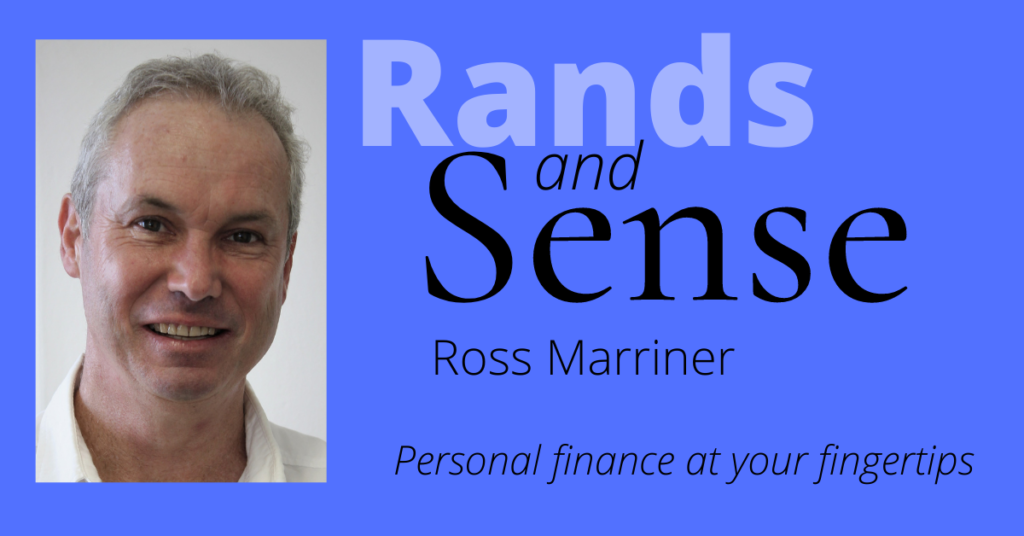By Ross Marriner
Most good investments need time to achieve their expected goals. A serious investment is not something that can be viewed as a “get-rich-quick” scheme.
An investment that seems too good to be true is usually just that – too good to be true. Unfortunately, unwitting investors continue to be enticed into placing their money in unregulated schemes that promise unbelievable returns – and they often end up losing all or a large amount of the capital invested. The provisionally liquidated BHI Trust is a recent case in point.
This type of scheme neatly fits the definition of a Ponzi-type Scheme, which is a fraudulent investing scam, promising high rates of return with little risk to investors. The best-known Ponzi fraudster was Bernie Madoff, the so-called Monster of Wall Street. Madoff managed to deceive thousands of investors, including members of his own family and was the mastermind of the largest known Ponzi Scheme in history, worth an estimated $65 billion.
The term “Ponzi Scheme” was named after Charles Ponzi, an Italian swindler and con artist who operated in the United States and Canada in the 1920s. A Ponzi scheme is a type of pyramid scheme whereby the promoter uses some investors’ money to pay other investors. Instead of paying out of actual business profits, the promoter or person setting up the scheme pays initial investors enormous returns using the contributions of later investors.
The survival of a Ponzi Scheme is dependent on a constant flow of new investor money, which, if not found, will result in the ultimate collapse of the entire scheme.
In many instances, the promoter and early investors of a Ponzi Scheme make a substantial amount of money, whereas the later investors usually lose most of their capital. In the early stages of a Ponzi Scheme’s existence, the promoter pays out high returns in order to build trust with the early investors and encourage new investors. Once the supply of new investors inevitably dries up and the scheme is unable to pay out the promised returns, investors become wary and distrustful.
Once authorities start investigating a Ponzi Scheme, it is usually too late for most investors. Ponzi Schemes do not only impact investors who lose money by investing in these schemes. Genuine investors who hear about others losing money in this way may become disheartened and, instead of investing in suitable investments, seek the so-called “security” of cash. Studies have shown that this strategy, more often than not, results in an investor’s capital not keeping pace with inflation over time.
Before investing in an investment that promises a high return with limited risk, it would be sensible first to seek the counsel of an experienced investment professional, preferably someone who holds the Certified Financial Planner® accreditation. A professional authorised to use the CFP® certification mark has had to meet rigorous professional standards and is bound to adhere to the principles of integrity, objectivity, competence, fairness, confidentiality, professionalism and diligence. This may save you a significant amount in the long term.
Rands and Sense is a monthly column written by
Ross Marriner, a CERTIFIED FINANCIAL PLANNER® with PSG Wealth.
His Financial Planning Office number is 046 622 2891



